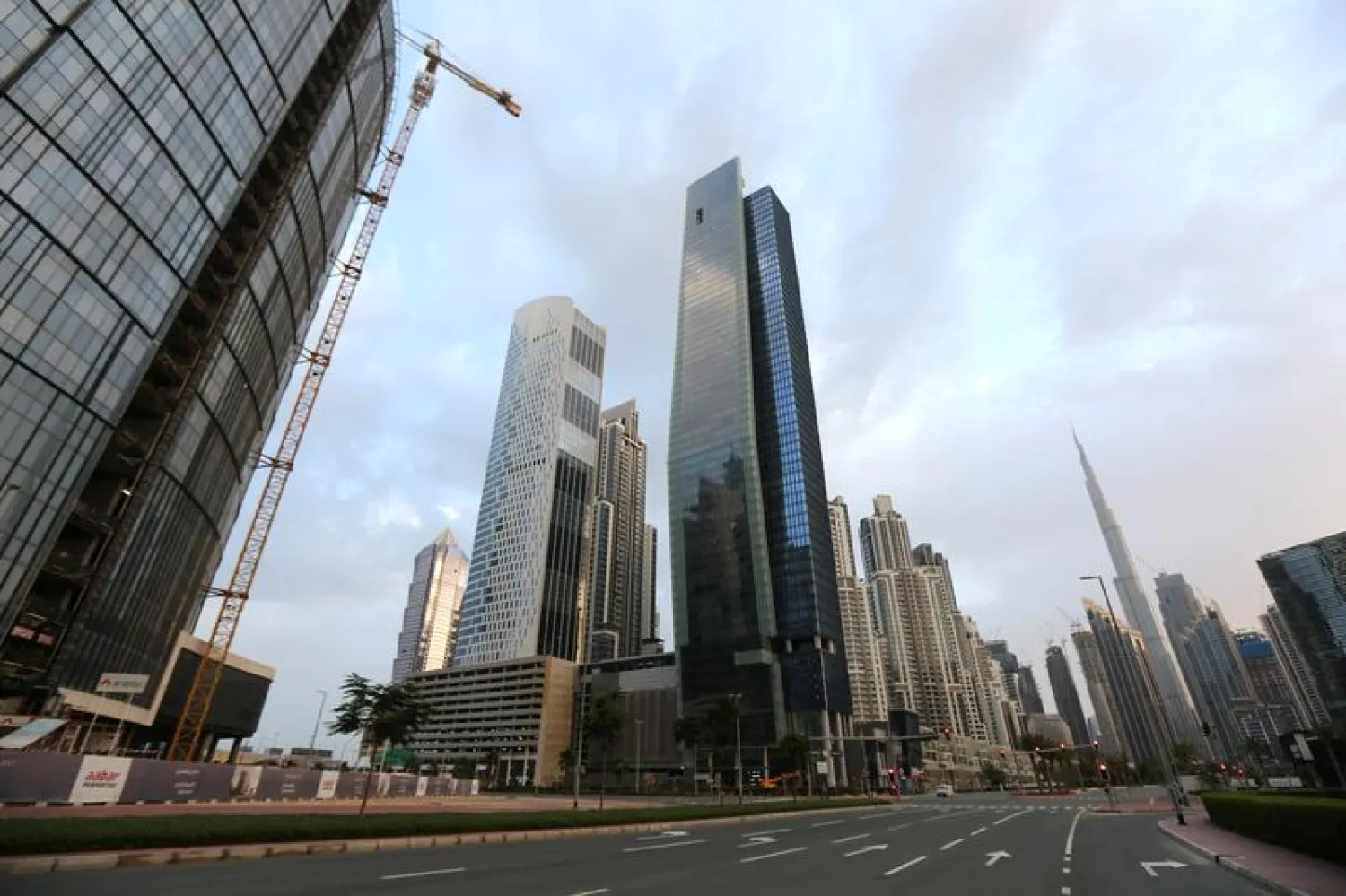The UAE government signed the Resilient Government Charter, to join the network of resilient countries and governments.
The network was established in partnership between the World Economic Forum and the Organization for Economic Cooperation and Development, and it includes alongside the UAE, the United Kingdom, Canada, Italy, Singapore, Japan, and Denmark.
Mohammed Abdullah Al Gergawi, minister of cabinet affairs, affirmed that building the next generation of future governments requires boosting partnerships among governments in developing methodologies on the basis of proactive and high readiness for changes.
It also demands cementing cooperation in the ability to adapt to future requirements, which will contribute to achieving higher levels of government resilience -- this reflects positively on societies.
The network of resilient countries and governments aims to enhance innovation, flexibility, and readiness for the future in the governmental work system, and to develop a system of future opportunities.
It seeks to make use of technological solutions and the tools of the fourth industrial revolution, in order to contribute to strengthening global efforts on finding solutions to common challenges and achieving comprehensive sustainable development.
Ohoud Bint Khalfan Al-Roumi, minister of state for government development and the future, signed the Resilient Government Charter during her participation in a virtual dialogue session held by the World Economic Forum in partnership with the Organization for Economic Cooperation and Development, remotely.
The session was entitled “Resilient Governance after the COVID-19 Pandemic”, and it reviewed ways to redesign the system of legislation and laws to enhance the readiness of countries for the future, and enable them to keep pace with global changes and trends.
A total of 15 speakers participated, representing the elite of government officials and specialists from the private sector in future foresight and innovation.
Ohoud affirmed that building the future of governments requires developing business models based on flexible governance, innovation, and readiness.
The minister added that the UAE government is building on achievements that have strengthened the development process over the past years, through digital transformation initiatives, smart government, and flexible methodology.
Paula Pisano, minister of technological innovation and digitization in Italy, said that the Italian government supports the adoption of innovative concepts in various vital sectors, through the launch of the “Sperimentazione Italia” initiative.
This initiative is a targeted platform for engaging and supporting companies, universities, and research institutions to test local and global innovations.
Jeffrey Schlaggenhoff, deputy secretary-general of the Organization for Economic Cooperation and Development, emphasized that governments face many challenges in the health and economic sectors as a result of the “COVID-19” pandemic, which confirms their need to make a quantum leap in decision-making processes and to develop solutions that enhance their readiness and flexibility against challenges.









